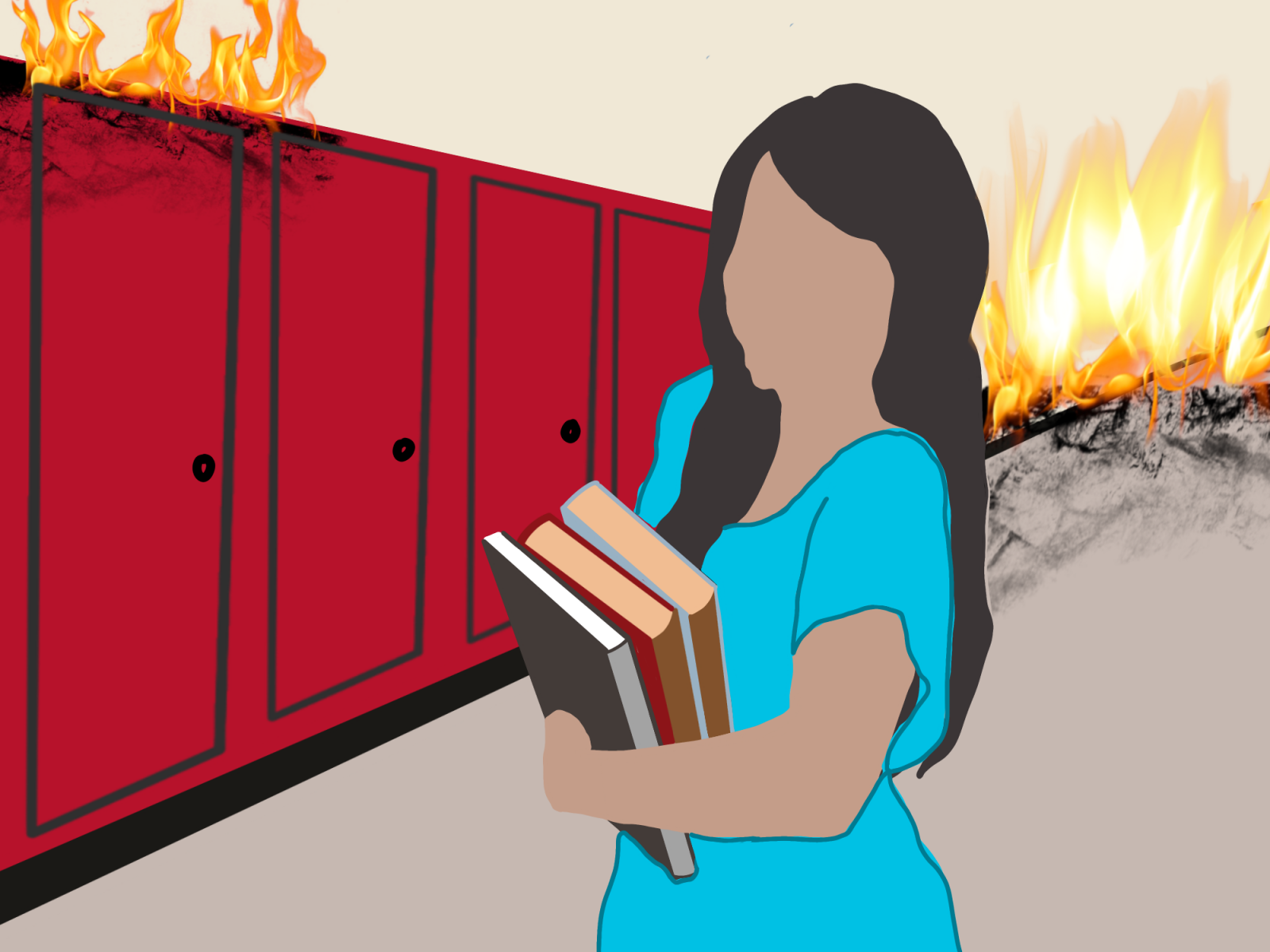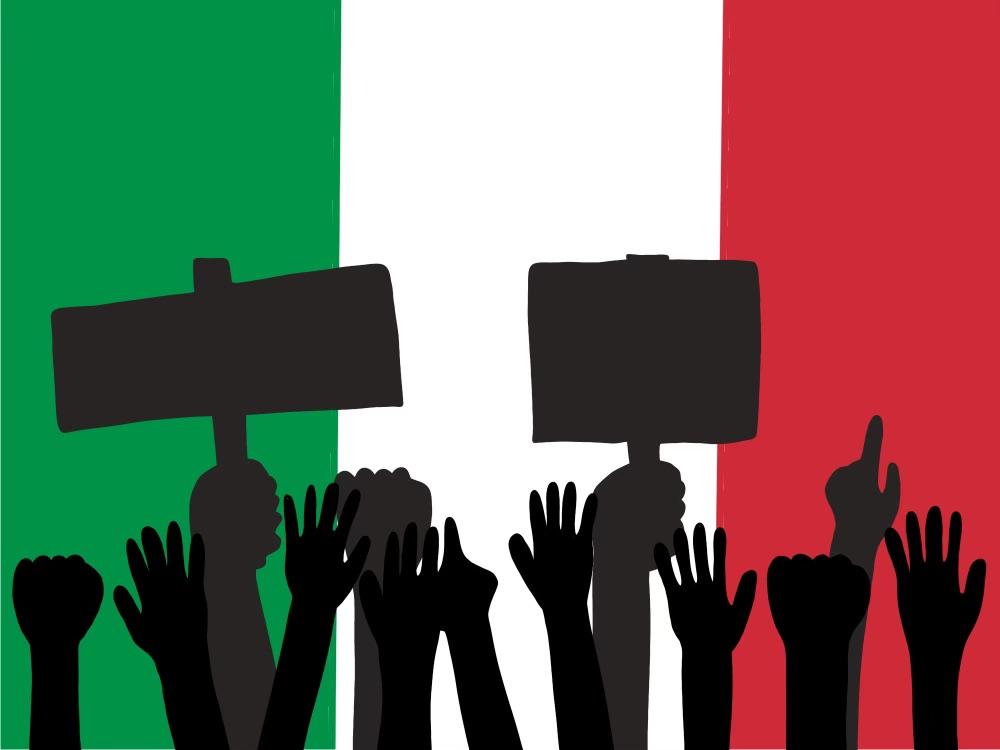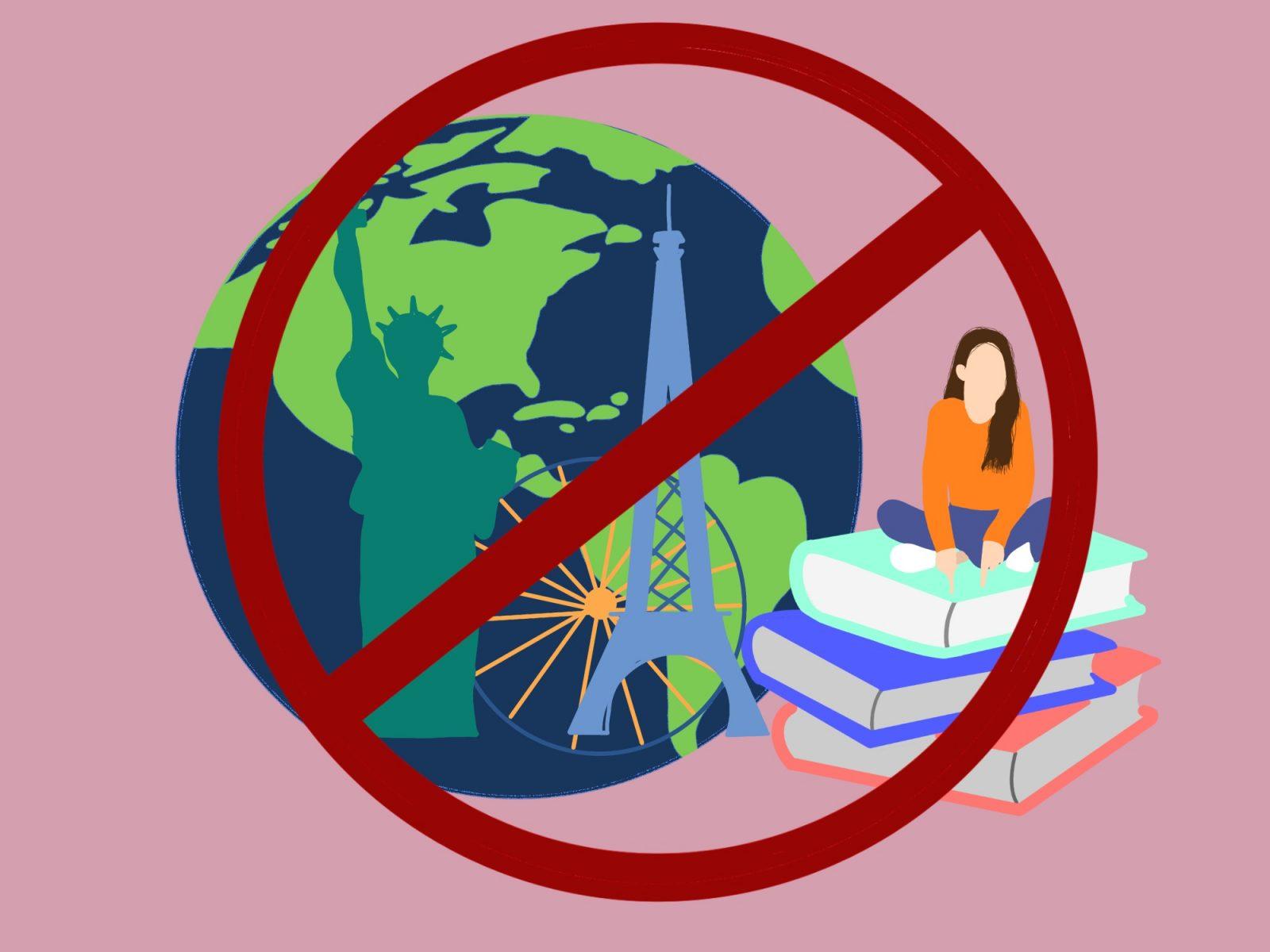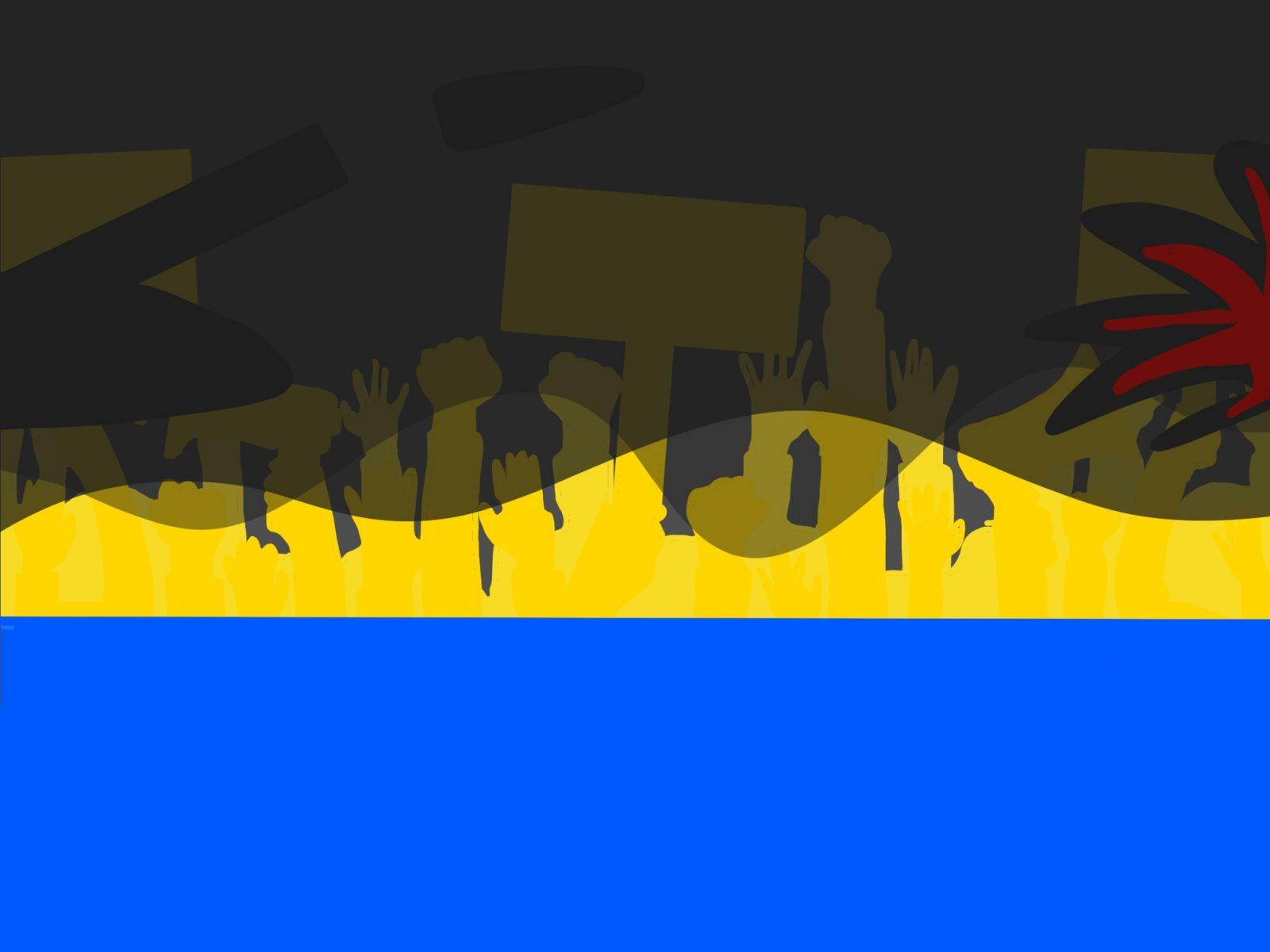It would be a euphemism to define the times we’re living in as unprecedented.
The COVID-19 pandemic drastically revolutionized everybody’s lives 18 months ago, normalizing seeing bleak data and death tolls on a daily basis. A general state of panic and terror spread around the world as graphic images of people who died from COVID-19 dominated news channels and newspapers.

Spring 2021 brought a dim light at the end of the tunnel that was as heartening as short lived. With several vaccines being released months earlier than expected and the United States becoming role models of successful immunization campaigns, humanity could finally take a sigh of relief.
But the abrupt spread of the Delta variant this summer — followed by other more infectious mutations of the virus — caused several countries to take two steps back and rethink their decisions of lifting some safety mandates. Without undermining the scientifically proven effectiveness of the available vaccines, even with the relatively small proportion of breakthrough cases, it is clear we are not where we were promised to be only a couple of months ago.
Because of the utter uncertainty continually characterizing this unforeseen situation, people are feeling deep discouragement and anxiety.
Apart from this seeming regression of the COVID-19 pandemic, other kinds of tragedies are occurring all across the globe.
This summer, Israel and Palestine saw more outbreaks of violence, while Afghanistan is now in the hands of the Taliban, by de facto nullified all the progress made in the last two decades. And on top of this, heatwaves, fires and other natural phenomena are the tangible manifestations of the danger represented by climate change. And Eastern European countries such as Hungary and Poland are witnessing the death of democracy because of right-wing extremism.
These are only a few examples of the heartbreaking events that are making up the history of 2021 and hindering the possibility of a silver lining.
Because of how the world is interconnected and how fast news from anywhere is shared on various platforms, there is hardly any way to escape this constant flow of negative information. Moreover, we might believe it is our responsibility as citizens to be aware of what is happening around us to form our own opinions and advocate for change when needed.
Even if these sorrowful events do not affect us directly, hearing about them can still be detrimental to our mental health.
Negative news stories affect the sympathetic nervous system, which is responsible for releasing stress hormones such as adrenaline and cortisol. Hence, when we watch recounts of saddening occurrences, we can suffer from high levels of anxiety to the point of experiencing physical symptoms or even depressive episodes.
If this consumption becomes increasingly more frequent, individuals can easily adapt a pessimistic mindset and develop what some researchers have defined as “mean world syndrome.” The latter makes people believe that they are constantly endangered and that there is always something to fear.
The answer to this complicated ambivalence towards our relationship with negative news stories is simply moderation.
For instance, keeping with new COVID-19 guidelines is not only our duty but also a helpful resource to look after our health and our loved ones. To maintain similar habits below anxiety-inducing levels, psychologist Annie Miller is quoted in a VeryWell Mind article saying that people can schedule a designated “worry time” to catch up with the world and not to cross the healthy limit of awareness.
Another useful piece of advice is checking up on ourselves before diving into images or paragraphs filled with suffering. We should learn to always prioritize our wellbeing over this desperate urge to consume media, which usually causes more harm than good.
Especially when it comes to stories that luckily will not impact our lives in the short run, I believe that it is our right to distance ourselves from them within reason. It is not our place to painstakingly empathize with grief that we could never even come close to understand. Instead, we should take advantage of our remoteness to promote constructive — and lucid — support.
Having said this, I will now pick up my phone, avoid scrolling through the news headings that Apple constantly updates, and immediately deactivate all notifications from the several newspaper apps I recently downloaded. I can finally take a breath.




























































































































